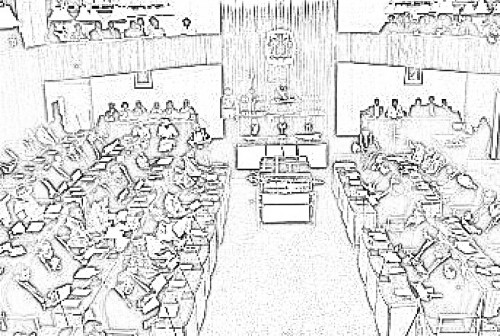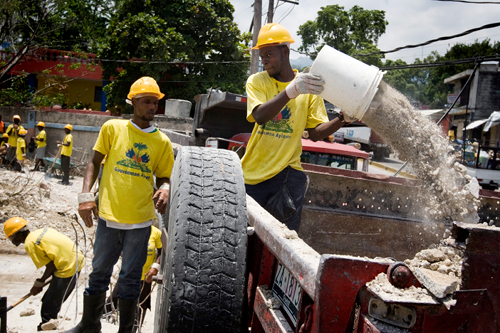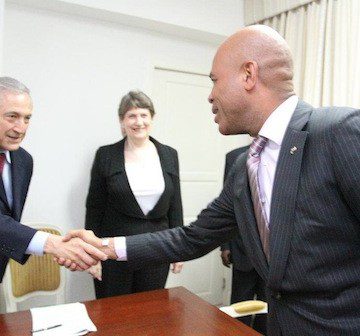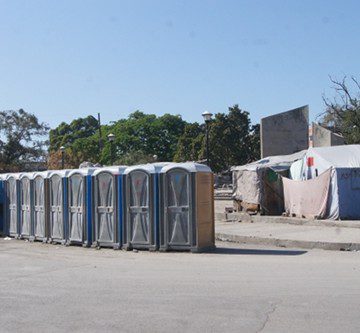Op-Ed: Kathie Klarreich: Investigative Reporting on Haiti, by Haitians
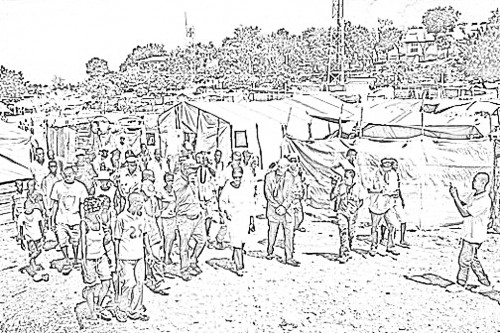
By Kathie Klarreich
Op-Ed Contributor
For nearly two years, the battle cry over what is happening to the billions of dollars of aid money earmarked for Haiti’s reconstruction has resounded on the front pages of some of the world’s most prestigious papers — and on the airwaves — attempting to delineate where things went wrong.
These stories are important, and they need to be told. But not just by the foreign press, which is, at best, fickle – stories run at the whim and convenience of the editors. These stories need to be reported by Haitian journalists, who inherently understand what it means when aid money is misappropriated, squandered, or even worse — disappears.
Investigative reporting, however, is an anomaly in a country where transparency is anything but. Access to information, sources, statistics and, at times, seemingly banal information hinders daily reporting. These factors are exponentially more difficult for a reporter asking anything but the basics.
Over the past few decades, when reporters have investigated political and economic corruption, they’ve been targeted and killed, their assassins still at large. Older career reporters with the skill, education and experience to do hard-hitting investigations have either left the country, opened their own media, or opted for a higher-paying salary with an international non-governmental organization (NGO), the UN or the Haitian government.
The new crop of journalists is all but married to a daily routine which looks something like this: in the morning, a newsroom meeting (if there is one), where the editor (if there is one) leafs through a stack of press releases and decides who is going where and for how long (one reporter may be assigned to two or three stories). By mid-afternoon, the reporter returns and has just a few hours to write and record a script (often in both French and Creole) and insert the sound bites for the late afternoon/evening news. There is no time to do research, supporting or opposing interviews, or even to fact check.
The next day is a repeat. Reporters rarely have a chance to dig deeper, and when they do, it’s usually in the form of an interview, which limits the listener’s perspective. The vast majority of news in Haiti is delivered by radio (50 stations in the capital alone); there is only one daily newspaper, Le Nouvelliste, and the circulation is almost exclusively in the capital.
This is the environment I began working in when I started to teach investigative journalism as part of my Knight Fellowship in Haiti in July 2010. But now, 20 months later, reporters are beginning to understand what an investigation means, and are making a case to their newsroom editors to be allowed the time and resources they need to do investigations.
Knowing that these are two serious limiting factors, I reached out and got financial support from several non-profit organizations (the International Center for Journalists and International Media Support), and, along with colleague Jane Regan (Haiti Grassroots Watch), launched the Fund for Investigative Journalism in Haiti.
FIJH provides financial support and coaching to reporters whose investigations are accepted by a three-panel jury. Just this month, the first of the seven investigations by 13 journalists hit the airwaves. We’re hoping this has set a new bar for reporting.
An article by two Le Nouvelliste reporters (and reprinted in Caribbean Journal) explored the overall sanitation situation for the displaced.
Some 11,000 portable latrines were installed by the international community in tent camps after the earthquake.
Because there were so many NGOs financing the cleaning of these latrines, and each had its own budget, it was next to impossible to discern how much has been spent. What the journalists did discover, however, was that as these NGOs began to wind down their programs in Haiti, and as the number of displaced in camps dropped from 1.5 million to less than half a million, the funds for cleaning the latrines dried up. That still leaves more than 400,000 people without a place “to go.”
An investigation by Haiti Grassroots Watch reported on an Irish NGO, Concern Worldwide, which built 534 homes in a metropolitan suburb, each with an ecological toilet. Residents not only rejected these Urinary Diversion Toilets on the grounds that they were smelly and invited all kinds of unwelcome creatures, but they tore them up and dug holes to install flush toilets. The byproduct risks contaminating the ground water table.
Yet another investigation was done by three journalists who examined housing donated to residents in an area south of the capital which revealed that many of the $3,000 homes were either uninhabited, had been given to someone who had already received a home or were being rented.
These stories demonstrate that Haitians can, and should, take the lead in investigations. They know these stories better than anyone else, and are the best ones to tell them. They hope it will make organizations more accountable. They also hope that, eventually, investigative reporting will spread beyond the capital, and then beyond its own borders, to become the catalyst for an investigative fund in the Caribbean.
Kathie Klarreich developed the Fund for Investigative Journalism in Haiti. She has covered Haiti for major media organizations including the New York Times, National Public Radio and Time Magazine. She is also the author of a Haiti-based memoir: Madame Dread: A Tale of Love, Vodou and Civil Strife.
Note: the opinions expressed in Caribbean Journal Op-Eds are those of the author and do not necessarily reflect the views of the Caribbean Journal.


